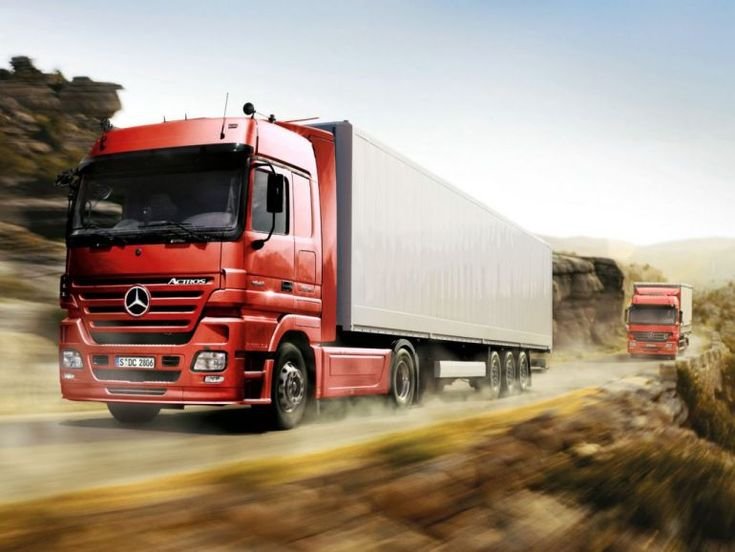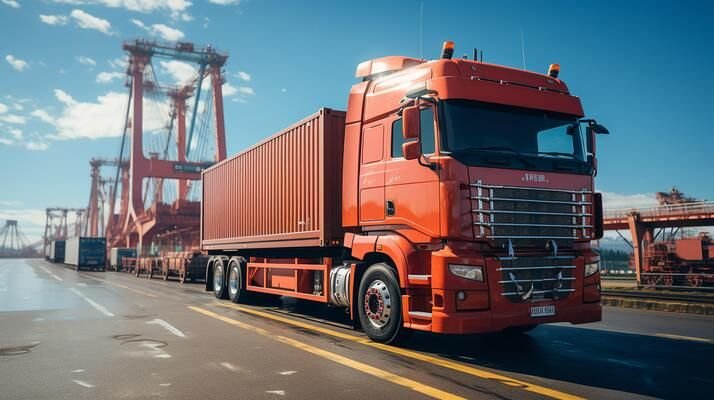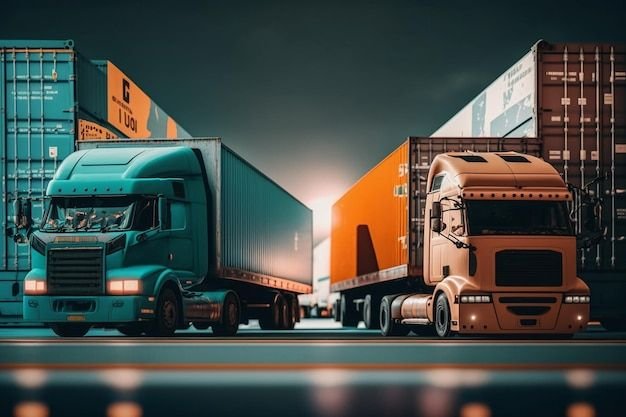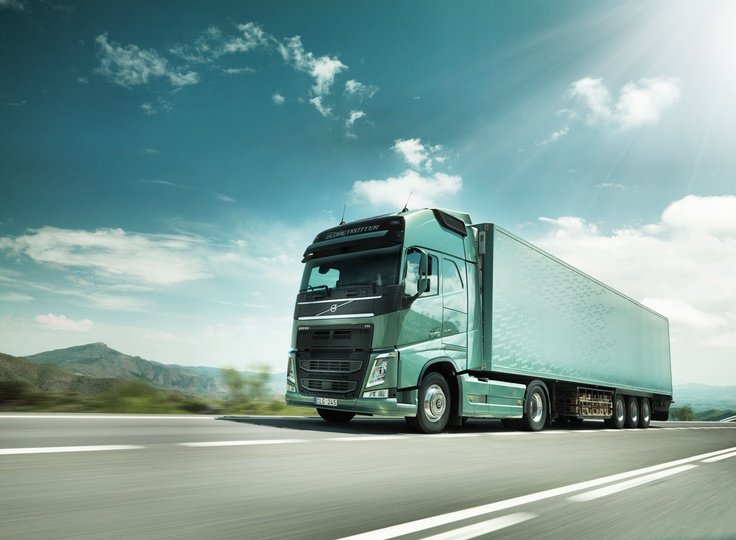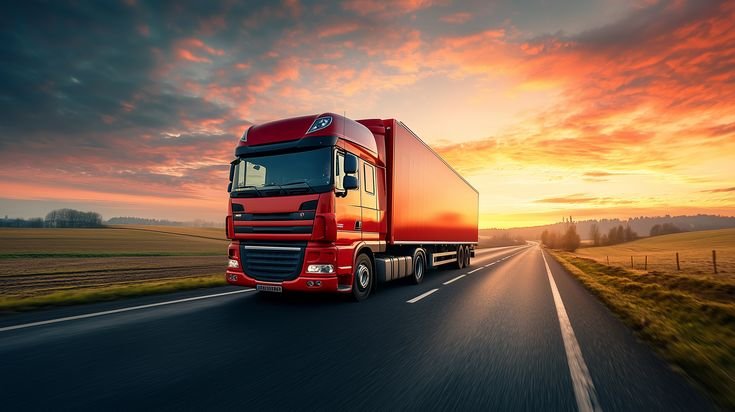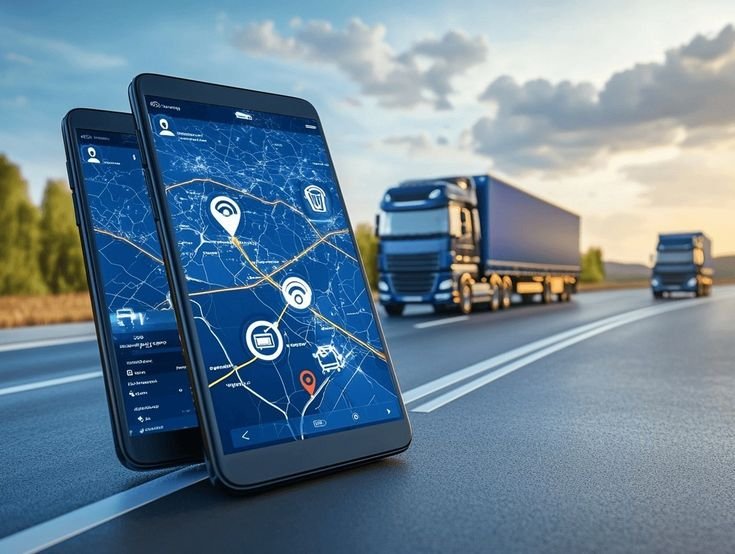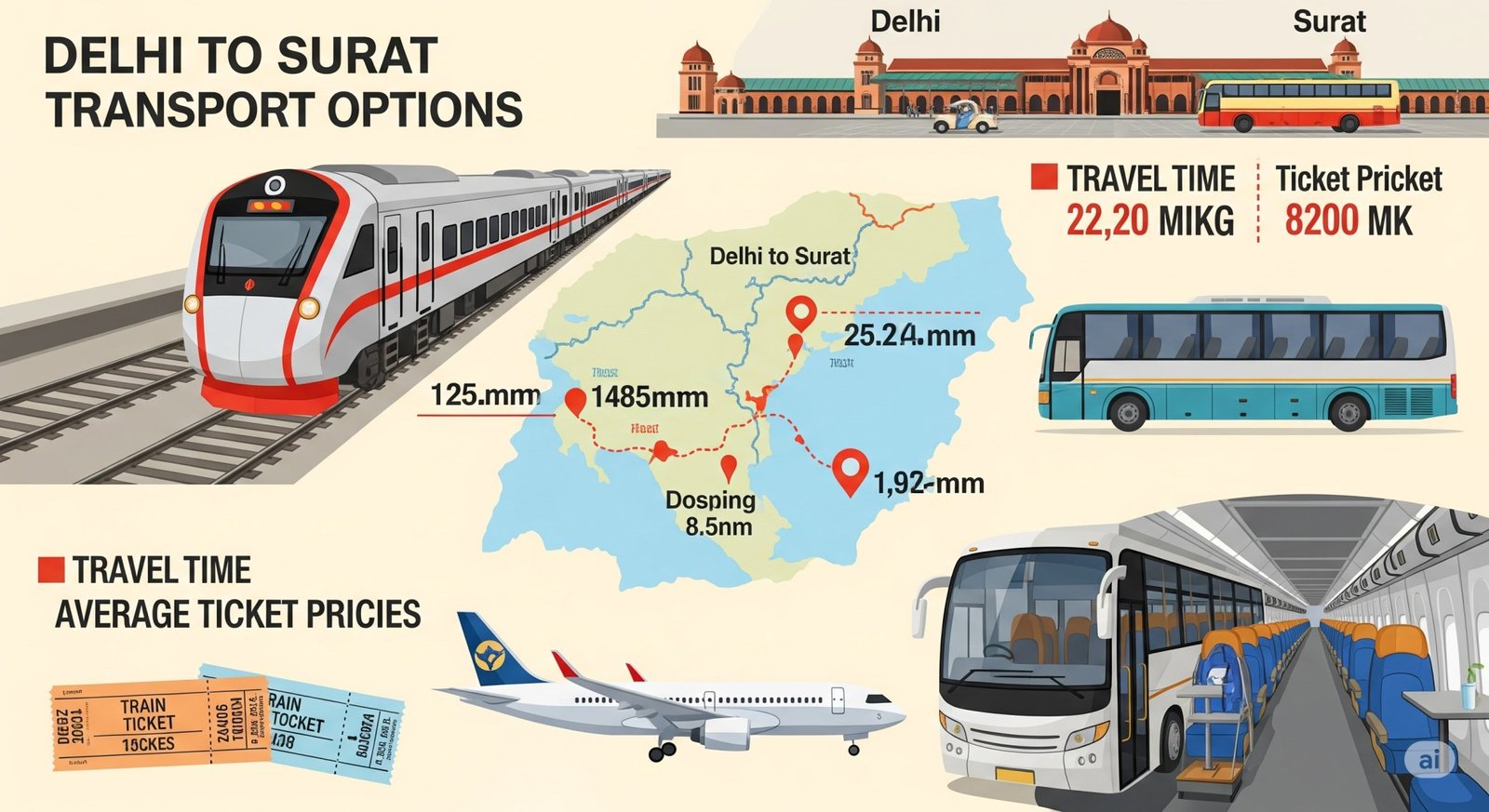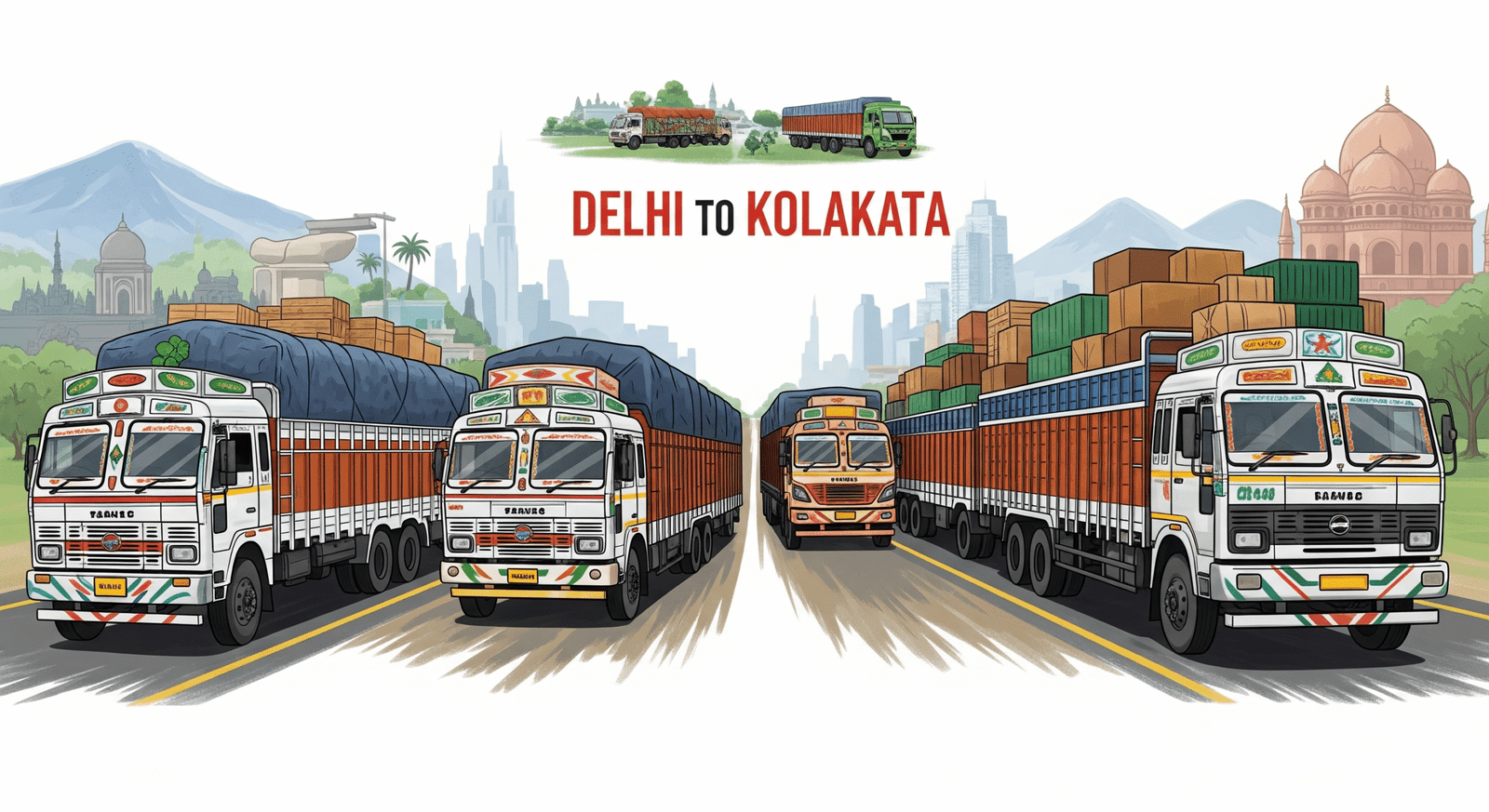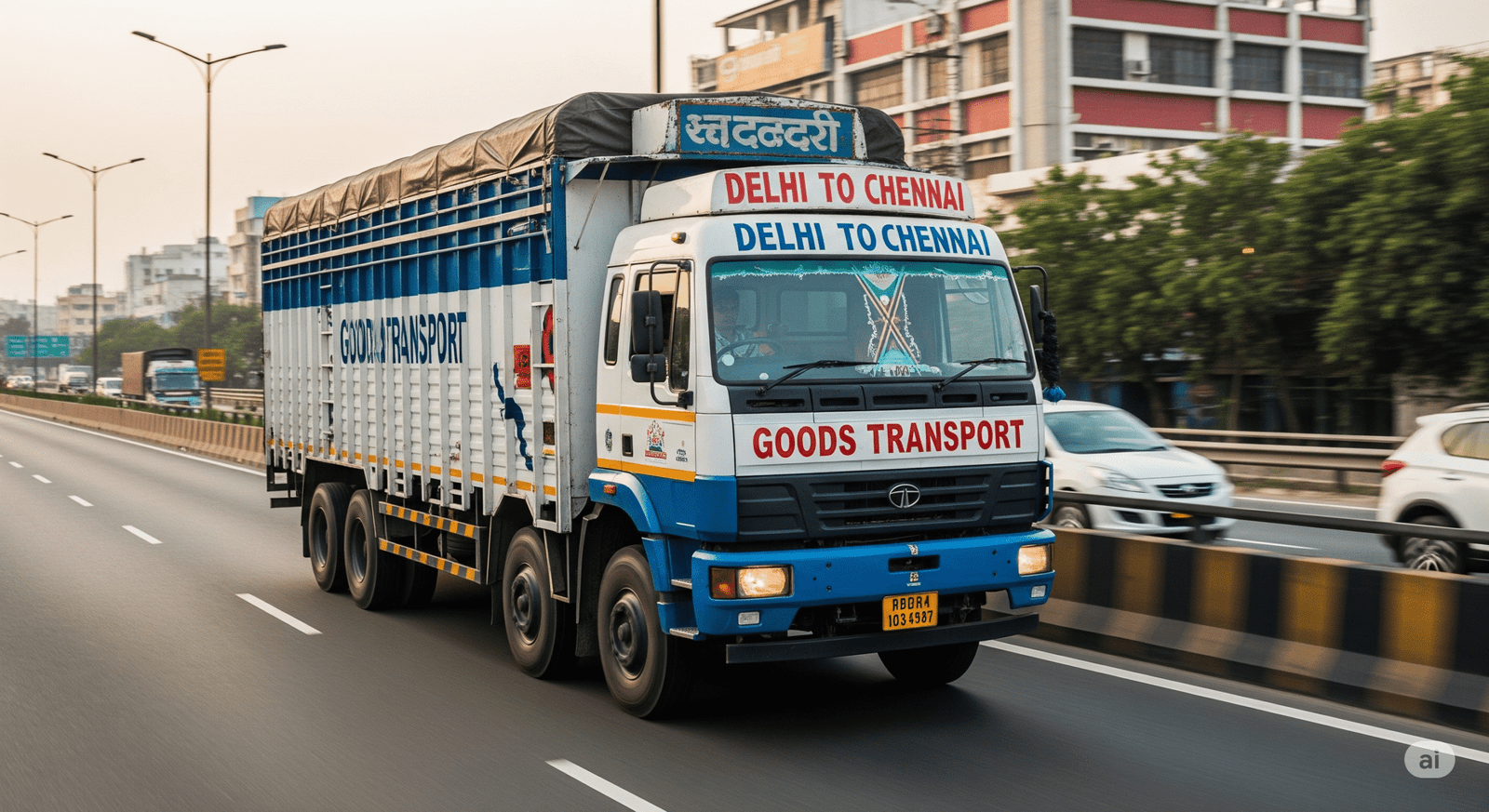The Mumbai to Bengaluru freight corridor is one of India’s most important logistics routes, linking two major economic hubs. This critical supply chain channel supports the movement of essential goods, enabling smooth trade across industries. With growing industrialization and the rise of e-commerce, this route has seen consistent growth in freight demand. Businesses that understand the dynamics of this transport lane—including freight volumes, truck availability, seasonal variations, and rate trends—can better optimize their logistics operations.
Market Size: Freight Volume, Truck Trips, and Fleet Strength
The Mumbai to Bengaluru corridor is one of the busiest freight routes in India:
- Daily Trips: Over 2,000 truck movements
- Active Trucks: More than 25,000 trucks in regular circulation
- Annual Freight Volume: Exceeds 7 million metric tons
This high-capacity corridor is favored by industries that depend on fast and efficient delivery between Western and Southern India.
Top 10 Materials Transported from Mumbai to Bengaluru
A wide array of industries rely on this corridor for moving goods. The most commonly transported materials include:
- Automobile parts
- Pharmaceutical goods
- Textiles and garments
- Electronics and white goods
- Industrial machinery and spares
- Chemicals and hazardous materials
- Perishable food items
- FMCG products
- Furniture and home décor
- Construction supplies
Most In-Demand Truck Types
The choice of truck depends on cargo nature, volume, and urgency. Most sought-after truck types include:
- 32 Ft Container Trucks: Ideal for e-commerce, parcels, and electronics
- 20 Ft Container Trucks: Best suited for FMCG and temperature-sensitive goods
- Light Commercial Vehicles (LCVs): Used for heavy machinery and industrial cargo
Seasonal Freight Trends
Freight demand and pricing fluctuate seasonally:
- Peak Season (Oct – Mar): High due to festivals, manufacturing surges, and online sales; freight rates rise up to 18%
- Off-Peak (Apr – Jun): Moderate dip due to summer holidays and lower production
- Monsoon Impact (Jul – Sep): Poor road conditions lead to slower transits; freight costs for container trucks rise by 15–20% on specific lanes
Mumbai to Bengaluru Freight Rates (Approx.)
Rates vary by truck type, cargo urgency, and supply-demand dynamics:
| Load/Truck Type | Average Freight Rate |
| Load Share | ₹5 – ₹7 per kg |
| Mini Trucks (1–2 Ton) | ₹25,000 – ₹30,000 |
| Light Trucks (3–7 Ton) | ₹30,000 – ₹38,000 |
| Medium Trucks (8–15 Ton) | ₹40,000 – ₹70,000 |
| Heavy Trucks (Taurus/Trailers) | ₹70,000 – ₹1,05,000 |
Preferred Route and Transit Time
- Primary Route: Mumbai → Pune → Satara → Hubli → Bengaluru via NH48
- Total Distance: Approx. 980 km
- Transit Time: Typically 48 to 72 hours, depending on traffic, operational efficiency, and weather
Alternative Route: Some carriers opt for NH66 (coastal route) for niche shipments, though it generally has longer transit times.
Sg Bajrang Logistics’s Role in the Mumbai to Bengaluru Freight Market
Sg Bajrang Logistics, a tech-enabled logistics platform, enhances freight efficiency through:
- Real-Time Truck Tracking
- Instant Online Truck Booking
- Transparent Freight Pricing
- Transit Insurance for Cargo Safety
- AI-Based Route Optimization for Faster Delivery
By leveraging Sg Bajrang Logistics, businesses gain better control, cost savings, and improved delivery reliability on this critical route.
Conclusion
The Mumbai to Bengaluru freight route is indispensable to India’s logistics infrastructure, serving multiple industries with high-volume, time-sensitive cargo. By understanding seasonal dynamics and using digital platforms like Sg Bajrang Logistics, businesses can ensure cost-effective, efficient, and reliable transportation. Whether you’re managing retail supply chains or heavy industry cargo, partnering with a tech-driven logistics provider is the key to streamlining your operations.
